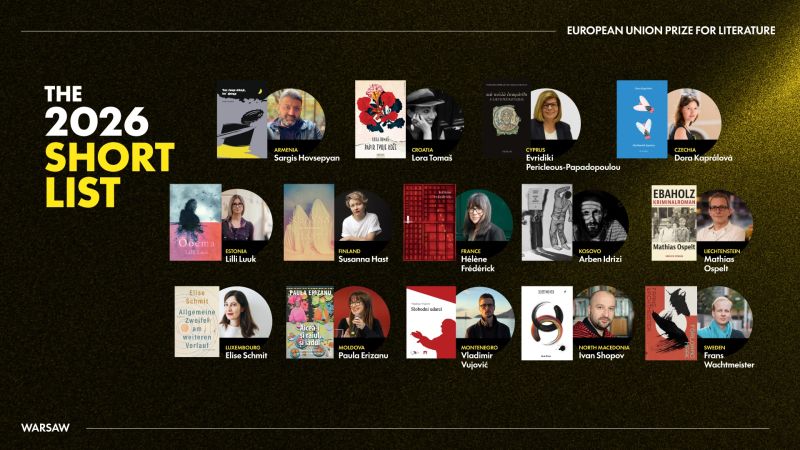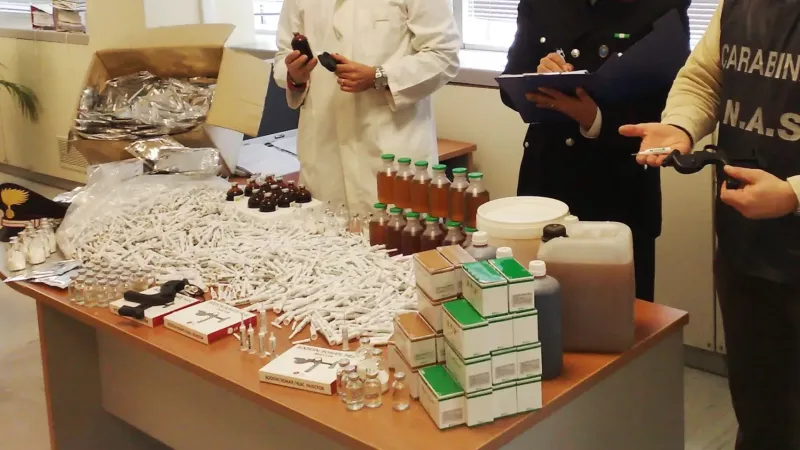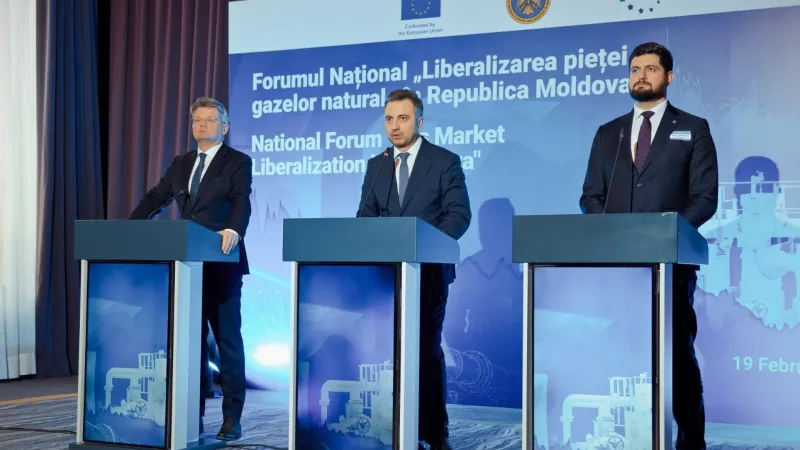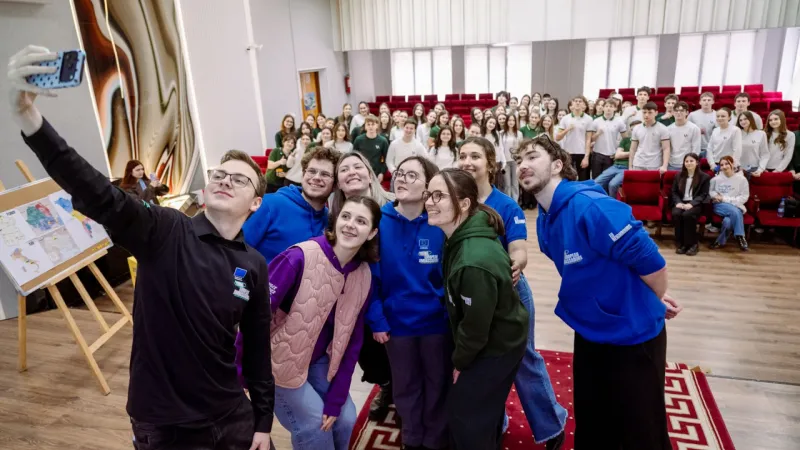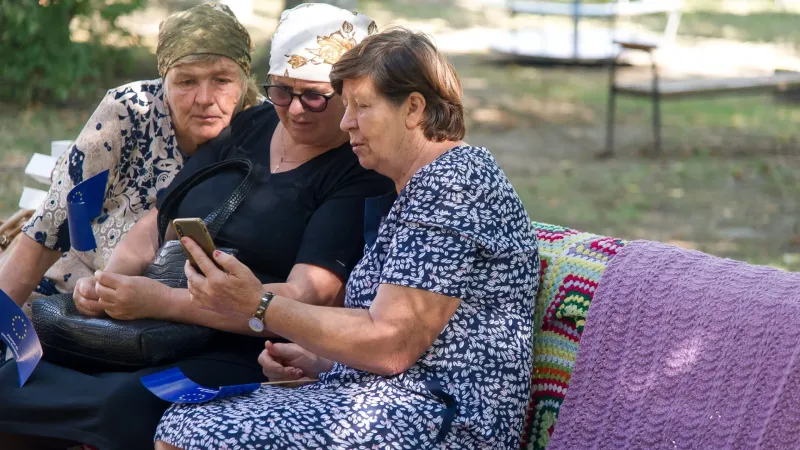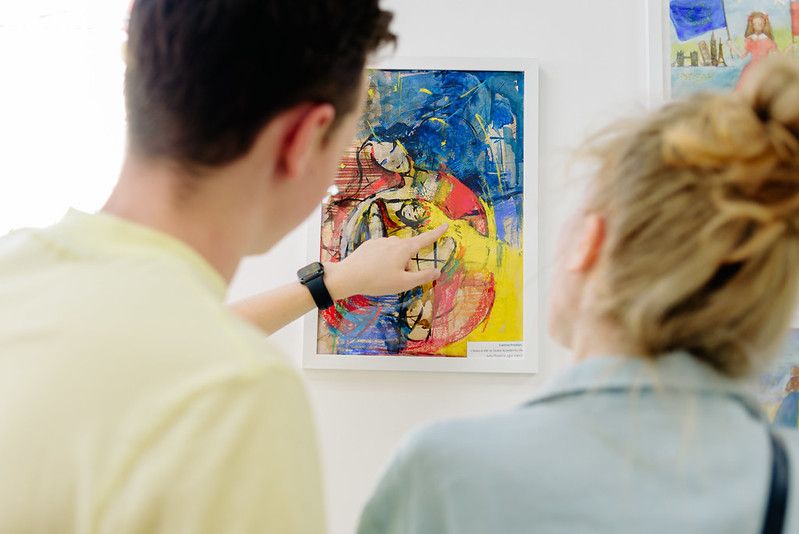
Moldova to join Creative Europe programme in 2026
Moldovan organisations, artists, and cultural professionals will be eligible to participate in the Culture strand of the programme.
The Commissioner for Intergenerational Fairness, Youth, Culture and Sport, Glenn Micallef, and the Moldovan Minister of Culture, Sergiu Prodan, signed an agreement on the participation of the Republic of Moldova in Creative Europe, the European Union’s flagship programme to support the cultural and creative sectors. From 1 January 2026, Moldovan organisations, artists, and cultural professionals will be eligible to participate in the Culture strand of the programme, benefiting from EU funding on equal terms with peers across Europe.
Moldova, which has already been associated to Creative Europe in the previous programme period (2014-2020), will be the 41. country participating in the current programme cycle. The agreement is now pending ratification in the Moldova legislative system. Once ratified, Moldovan cultural organisations will be able to participate in Creative Europe’s Culture strand.
The agreement also foresees Moldova’s future participation in the programme’s MEDIA strand and full participation in the Cross-Sectorial strand, once the country’s audiovisual legislation is fully aligned with the EU’s Audiovisual Media Services Directive. The European Commission is supporting Moldova in its efforts to achieve this alignment as soon as possible.
Delivering on the EU-Moldova Summit commitments
The signature of the agreement delivers on the commitment made at the first EU-Moldova Summit in Chișinău in July 2025 and is a key outcome of Commissioner Micallef’s mission to the country. It also marks an important step in Moldova’s European integration process. Background Creative Europe plays a key role in strengthening Europe’s cultural and creative sectors.
With a current budget of €2.44 billion, it supports thousands of projects and professionals promoting cross-border cooperation, artistic mobility, and cultural diversity. Since 2014, the Creative Europe programme has been supporting projects to foster cultural diversity, promote artistic expression, and boost the economic potential of the creative industries.
As well as EU countries, the Creative Europe programme (2021-2027) is open to the participation of third countries, such as candidate countries. The main objectives of the programme are to safeguard, develop and promote European cultural and linguistic diversity and heritage increase the competitiveness and economic potential of the cultural and creative sectors, in particular the audiovisual sector The novelties of the programme will contribute to the recovery of these sectors, reinforcing their efforts to become more inclusive, more digital and environmentally more sustainable.
The Creative Europe programme is divided in 3 strands:
Culture strand
The Culture strand of the Creative Europe programme supports a wide range of cultural and creative sectors including among others:
– architecture
– cultural heritage
– design
– literature and publishing
– music performing arts
Media strand
The MEDIA strand of the Creative Europe programme supports the European film and audiovisual industries to develop, distribute and promote European works, taking into account today’s digital environment. In addition:
– it encourages cooperation across the value chain of the audiovisual industry and at EU level in order to scale up enterprises and European content globally
– nurtures talents – wherever they come from – and facilitates knowledge-sharing
– supports innovative solutions to meet the market demands and trends
– engages with audiences of all ages, especially the younger generations
Cross-sectoral strand
The purpose of the Cross-sectoral strand is to reinforce collaboration between different cultural and creative sectors (CCS) in order to help them address the common challenges they face and find innovative solutions. These are its main priorities:
– to support cross sectoral transnational policy cooperation, promoting the visibility of the programme and support the transferability of results
– to encourage innovative approaches to content creation, access, distribution, and promotion across CCS and with other sectors
– to support adjustments to the structural and technological changes faced by the news media
– to support the establishment and activities of the Creative Europe Desks
Learn more here.




